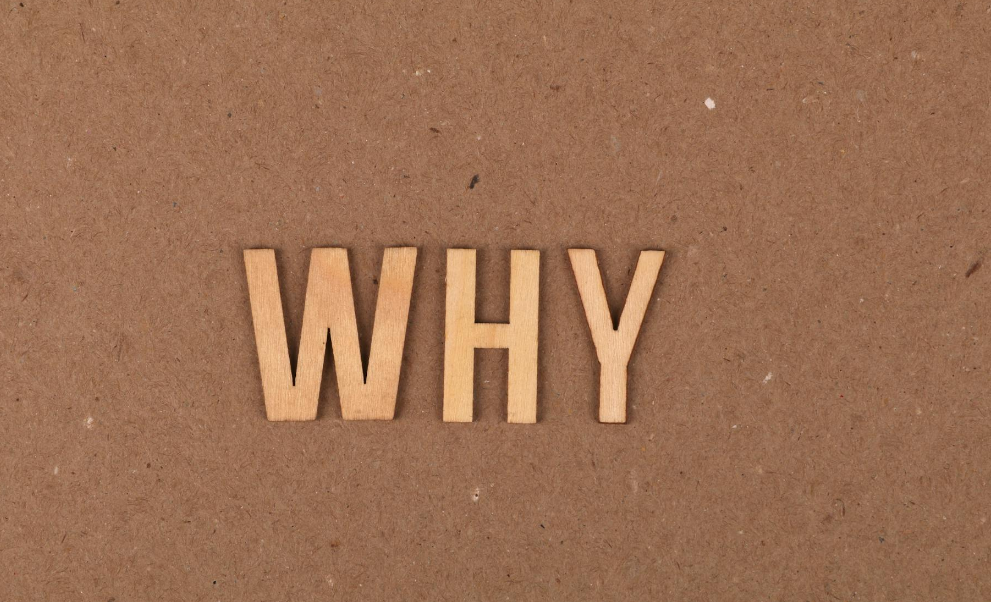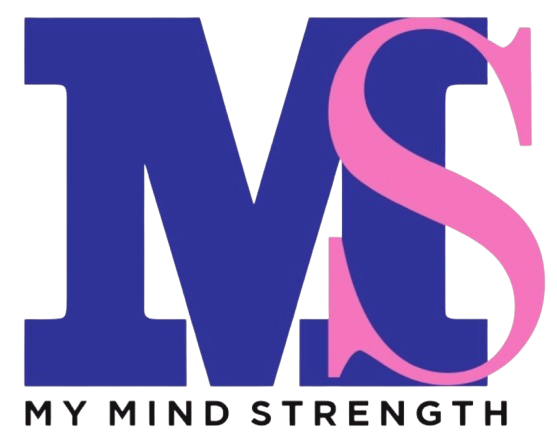Standing Up for Yourself: An Act of Courage and Uncertainty
Yes, the first time we raise our voice, we stand up for ourselves, the feeling is mixed—proud and scary.
Proud and Scared
Proud because we were able to stand up for ourselves, because we conquered that voice inside our heads that told us to stay quiet. Scary because we feel uncertain about whether it was the right thing to do. We fear the repercussions, the unknown consequences of our actions. Our minds remain in a frenzy, contemplating if the decision was correct.
In the heat of the moment, we acted according to our conscience, and although we know in our hearts it was the right thing, we may still feel a bit frightened. It’s natural to feel some commotion, especially when it’s a new experience. After all, we are not used to this sudden surge of power, this sure and self-assertive behavior.

Why It Can Feel Unnatural
For some of us, standing up for ourselves doesn’t come naturally – in fact, it might even feel impossible. We might be the type who doesn’t like to “rock the boat”, swallowing any opposing thoughts or feelings to avoid confrontation.
Standing up for ourselves is not about aggression; it’s about having boundaries and, importantly, knowing how to assert them. When we don’t, we become passive – we allow life to trample us, rendering us susceptible to being taken advantage of.
Root of the Struggle
Why do some people struggle to stand up for themselves? The answer often lies in our past. It might be that we were taught that our needs were not as important as others’, or that having needs at all was something bad. This belief might be so deep-rooted that it’s not even recognized at a conscious level, but deep down, it keeps us shackled.
Breaking the Pattern
Standing up for oneself begins with understanding one’s needs. Get clear on what you want by writing statements like, “I would really love it if…” or “I want….” Shift the focus onto yourself, and practice focusing on your desires.
Utilize “I” statements when asserting yourself; they are the cornerstone of healthy communication. Examples include “I don’t appreciate it when you take that tone with me,” or “I sense that you’re unhappy with something at the moment. Please can you let me know what’s wrong?”
Expect to feel guilty, but push on through anyway. Acknowledge the guilt, but remind yourself that it’s an old, irrelevant feeling.
Standing up for oneself is a journey of self-discovery, empowerment, and sometimes fear. It is a manifestation of knowing one’s worth, setting boundaries, and honoring oneself. While it may seem daunting, especially at first, it’s a vital skill that leads to a fulfilling life, where one’s needs and feelings are not only recognized but respected.
Remember, the road to self-assertion is not always smooth, but with time, patience, and practice, it can be mastered. Embrace your own needs, communicate them clearly, and don’t be afraid to make your voice heard. After all, standing up for yourself is not just about confronting others; it’s about embracing who you are.
Discover more from mindstrengthorg.in
Subscribe to get the latest posts sent to your email.

Embracing the Unanswered Whys
Transforming Questions into Growth and Connection Life often feels like a complex puzzle, with pieces that.
Read More
The Lost Art of Common Courtesy:.
How Acknowledging Others Can Strengthen Relationships There was a time when good manners were not just.
Read More

4 Comments
Great topic, and great post thanks, it’s important to do.
Thank You
Very nice
I don’t think the title of your article matches the content lol. Just kidding, mainly because I had some doubts after reading the article.